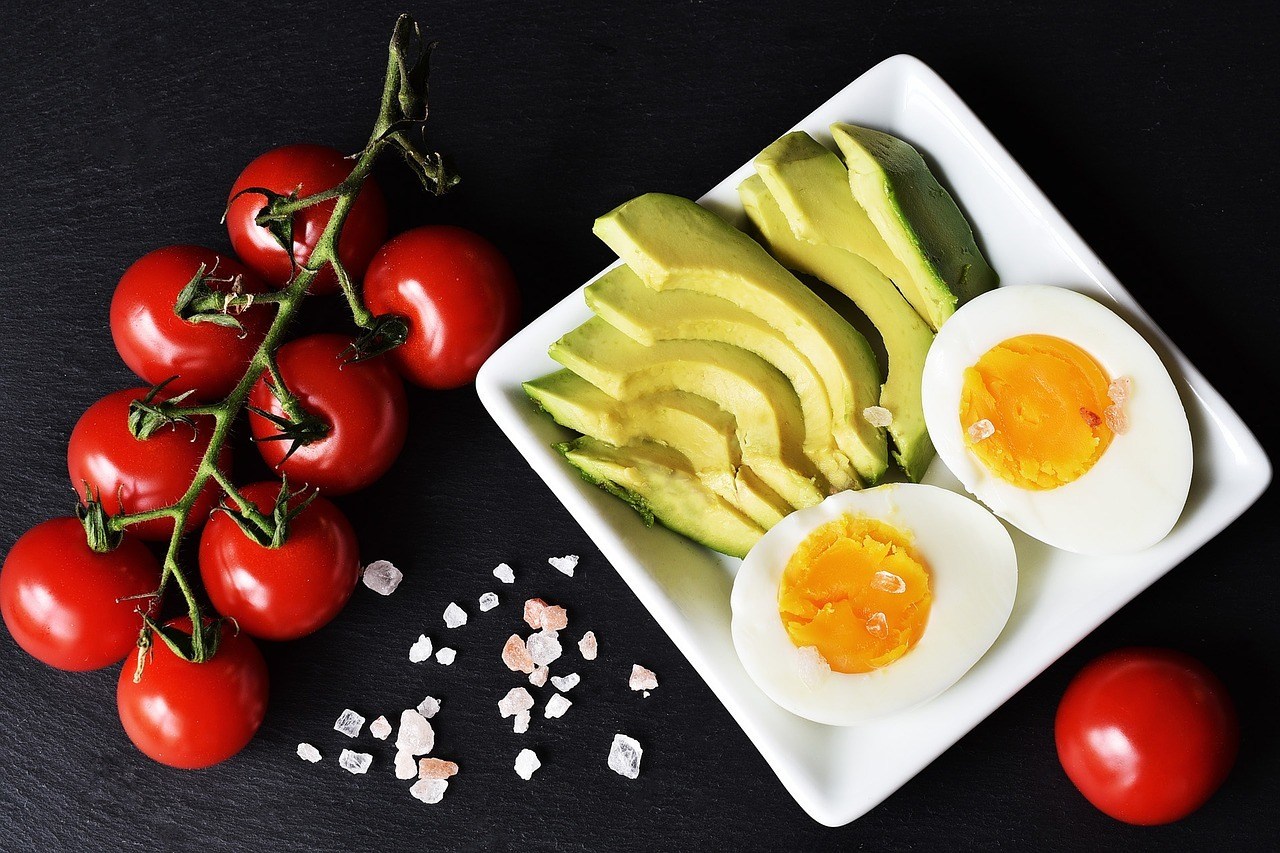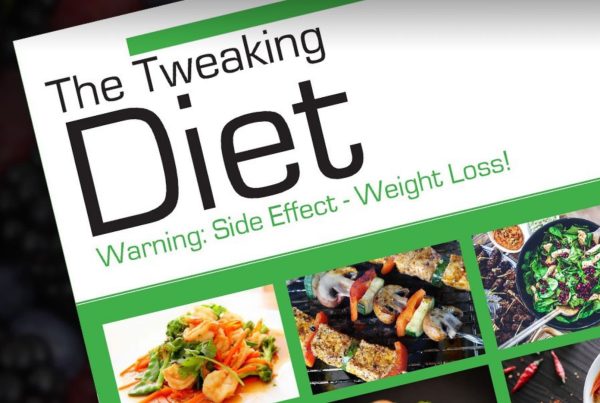How to lose weight?
Weight management can be complicated there are a number of elements that contribute to weight gain that we often have little control over it may be related to our genetics, sleep, medications, medical conditions, hormones or even our metabolism. There are usually two things however that we maintain some element of control over and this is our diet and how much we move. At the foundation of weight loss for most people is the ability to balance the energy you put in our body through food and fluid against the energy you burn off through exercising metabolism.
All food provides energy, some more than others. The energy in our diet Armour comes primarily from four nutrients and that’s fat, alcohol, protein, and carbohydrates. This energy is a good thing. If we had a handful of nuts of which contain a significant amount of healthy fats, this fat is converted to energy in the body. This energy then allows our hearts to beat, lungs to breathe, and allows us to move around. Similarly, if we eat a potato which contains quite a bit of carbohydrate, the carbohydrates in that potato is converted to energy allowing us to move and breathe also. Weight gain is not caused by fat, alcohol, protein, or even carbohydrate. It’s caused when there’s an excess of them. If we too much fat, drink too much alcohol, or even eat too many carbohydrates, then we have to work really hard to burn that energy off. If you don’t you never what it just stores this fat. So let me explain the numbers behind weight management. To gain one kilo of body fat, you would have to exceed your energy requirements by approximately 30,000 kilojoules or seven-and-a-half thousand calories. Sounds like a lot, doesn’t it? It isn’t.
Let me put it in perspective for you. The average person needs approximately 3 million kilojoules of 750 thousand calories per year just to maintain their weight. Now that person only has to be out by thirty thousand kilojoules or seven and a half thousand calories within that year to gain the kilogram. That averages out to about 80 kilojoules or 20 calories per day in excess of their energy requirements. To put that in food terms, if each day for a year that person ate a teaspoon of honey with four large strawberries more than their requirements allow, then in a year, they gain a kilogram. Now of course, this is some exaggerated version of what can happen, but it does highlight that being aware of the energy we put in our body is pretty important. This doesn’t mean counting kilojoules or calories, but it does mean taking the blindfold off and increasing our awareness of one of the few things we have control of when managing our diet and that’s our food. No one can actually tell whether they’re continuing too much energy for their requirements unless they’re recording everything they eat which is rather tedious and boring or they start seeing the numbers going up in the scales. So how much energy do we need? Well, this is different for everyone and depends on your size and requirements.
At CQ nutrition, we work out your energy requirements and break it down into an energy plan so that you can lose weight. We then help you fit the foods you like eating into that plan. That way there is no dreaded kilojoule or calorie count. Just a guide on how to enjoy the food you like eating without the excess kilojoules.







